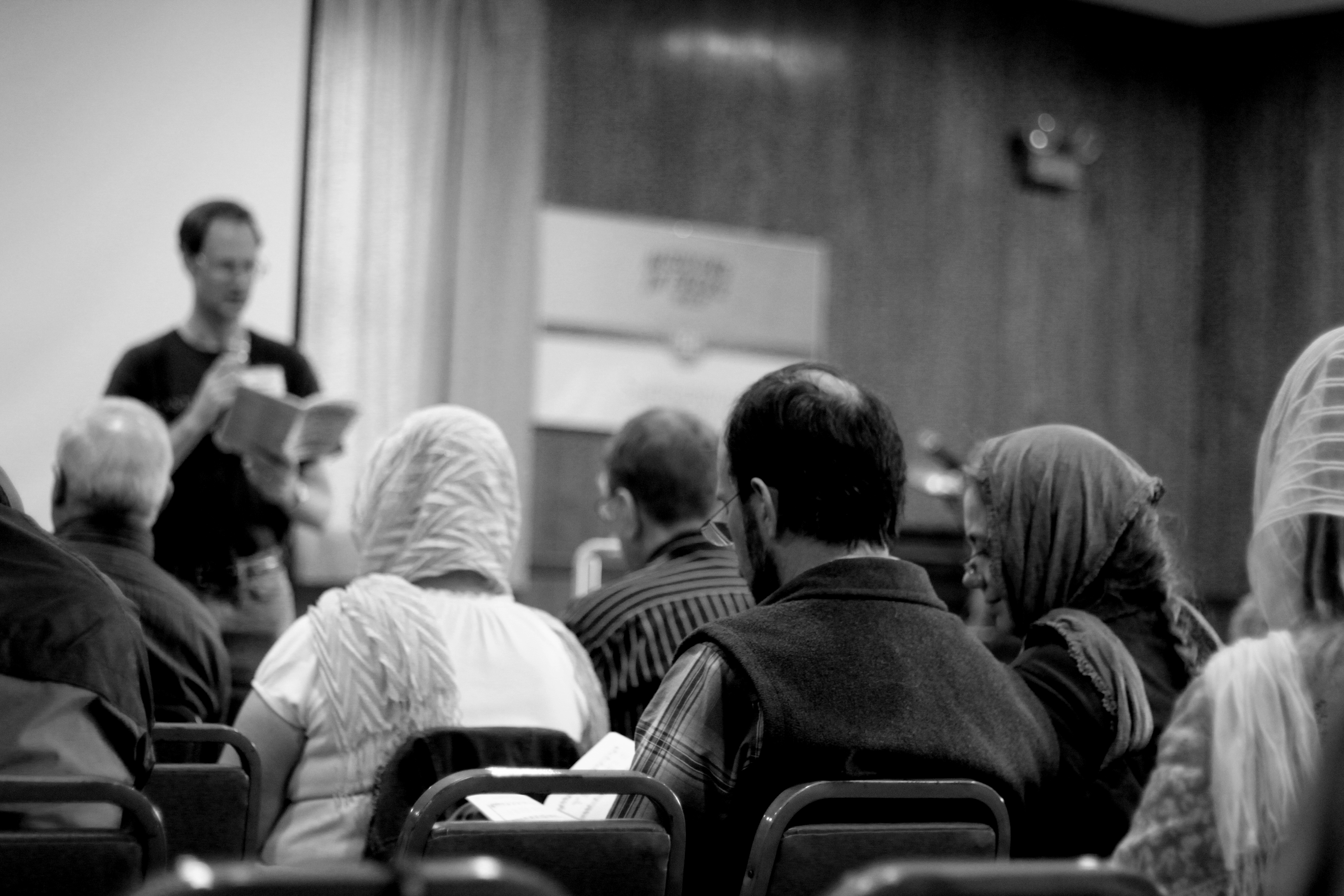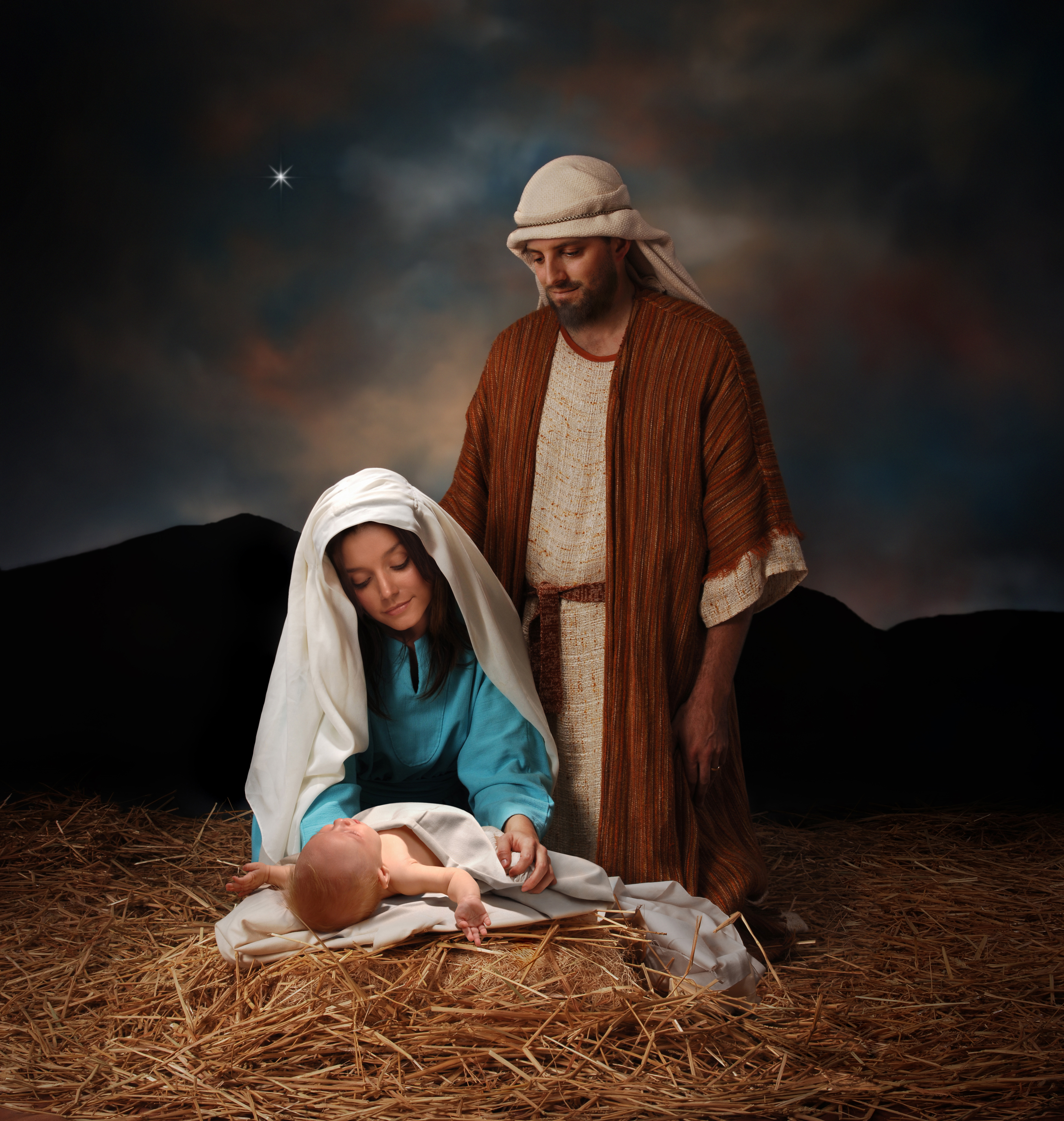The Church - Part 4

In previous papers we have considered the church of God in its general features. Built by Christ Himself it is an impregnable structure; it is of supreme delight and value to divine Persons, it is the house of God, "an habitation of God through the Spirit," and it is the body of Christ united to Him as its Head in glory, and thus capacitated to be an expression of Christ down here.
In the epistle to the Corinthians Paul writes to "the church of God which is a Corinth." It is evident that when Paul wrote the church of God in that city could be identified: in fact Paul clearly divides the inhabitants of Corinth into three distinct classes, "the Jews…the Gentiles…the church of God" (10:32). Thus a very great responsibility rested upon those who formed the church of God at Corinth, upon each one in his or her individual pathway as also upon the company as gathered together. The majority of these believers were doubtless Gentiles who had been converted to God, and were now, through grace, among theses who called "upon the Name of Jesus Christ our Lord." Gentiles, as steeped in pagan darkness and idolatry knew nothing of this Name, and the Jews as a nation hated that Name, and had rejected the One who bore it. What a privilege, and yet how great a responsibility, to bear testimony to that Name, a Name which is above every name, in such circumstances.
They had been taken up by God for that very purpose, and He had had given to them all that was necessary in order that they might be His witnesses in Corinth, which was noted for its corruptness. They were "sanctified (or set apart) in Christ Jesus"; the grace of God was given to them in Jesus Christ; they were "enriched by Him, in all utterance, and in all knowledge"; and they came "behind in no gift." Further, they formed in all utterance, and in all knowledge," similarly blessed, those who "in every place call upon the Name of Jesus Christ our Lord." Their resources and all that they needed were in God Himself. In the first nine verses of the first chapter, which verses form a kind of preface to the epistle, God is mentioned no less than six times, the last reference calling their attention to the fact that He "is faithful." His will, His grace, His peace, His faithfulness were all at the disposal of these believers who formed the church of God in Corinth in order in order that they might rightly represent God in that city. Later in the epistle we find Paul suggesting the possibility of an unbeliever or a simple person coming into their gathering and falling down on his face worshipping God, and saying "God is in you of a truth."
Before we speak of the failures which marked these believers let us notice the wonder and blessedness of verse 8. From the divine side, and in the operation of divine love, features of faithfulness and devotion to Christ will be maintained in His church right on to the end of the dispensation, and there will be that in the sight of God which is "blameless in the day of our Lord Jesus Christ." Perhaps there is a link here with the fact that an overcomer is in mind right through the public history of the church from Ephesus to Laodicea (Rev. 2-3).
Having spoken of the truth from God’s side (and it is always well for us to approach divine things in that way), Paul in verse 10 refers to their practical condition. Alas! The simplicity and unity which would have marked them had they realized their resources were in God, were completely absent. "My brethren…there are strifes among you" (v. 11). Men were before their eyes instead of Christ. How near this feature of strife is to us as believers; Midian, which means "strife," was a son of Abraham.
The history of the church at Corinth is alas the history of the church in responsibility all through the centuries. Schools of opinions, human wisdom, all resulting in a "puffing up" of the flesh. Four times the apostle speaks of the Corinthian believers as being "puffed up." In chapter 4 verse 6 he speaks of them being "puffed up for one against another"; in verses 18 and 19 of the same chapter he refers to those who were puffed up in their speech, apparently against the apostle himself; and in chapter 5 verse 2 he has to reproach them for being puffed up when they should have mourned over the conditions prevailing amongst them. Is it not blessed to notice that, as moving in the "more excellent way" of love this feature will be absent? "Love is not puffed up" (13:4).
We do not dwell further upon the failure of these saints of God except to notice that occupation with men, and resorting to their own opinions, seems to have seriously impaired their views of the Lord’s Supper itself (see chapter 11, verses 20-22). Let us thank God that in spite of the introduction of men’s thoughts and methods, this precious ordinance has been preserved to us in our own day in all its simplicity and yet profound meaning. May we value it more and more, and constantly face the challenge (and yet the encouragement) of verse 28 in chapter 11.
The apostle meets the conditions at Corinth by the "preaching of the cross" (1 Cor. 1:18). This verse could read "the word (logos) which speaks of the cross." The Lord Jesus in the first chapter of John’s gospel is introduced as "the Word" (Logos). In Him was the full expression of the mind and thoughts of God, God has made Himself perfectly know in Christ. Thus the "word" of the cross is the full and complete thought of God in relation to man after the flesh. That man is removed from God’s sight for ever, and can have no place at all in the things of God. How much, beloved brethren, we should have been preserved from in our local gatherings if the "word of the cross" had had its right place in each heart! We have valued, and rightly so, the wonderful blessings which have reached us through the cross (1 Pe. 2:24, etc.), may we also be ready to hear the "word of the cross," and seek help not to bring the features of the man whom God there set aside into the gatherings of His people.
In the last verse of chapter 1 the apostle sets out in one verse the true position of the Christian. He has shown that no flesh should boast before God, and now he says, "But of him are ye in Christ Jesus, who of God is made unto us wisdom, and righteousness, and sanctification, and redemption." As we understand in some measure the blessedness of such a position, and the resources which are available to us in that position, we would surely agree with what is written "He that glorifieth, let him glory in the Lord."
There is a priestly touch in Paul’s two letters to Corinth. He was skillful in the first letter in the use of the "snuff dishes" (Ex. 25:38). His letter would have the character of trimming the lamp, removing all that would hinder the light from shining clearly, and in his second letter he is, by the richness of his ministry, pouring in the oil. That his labors were effective is seen in his commendation of the Corinthians in the second epistle, chapter 3:2-3. These verses imply that their testimony was no private matter only, known just amongst themselves, but it was well-known, read of all. How blessed to know that this could be the testimony of every local gathering today.
In closing we might refer to Paul’s letters to the Thessalonians. He speaks of them not as the church which is in Thessalonica, but as "the church which is in God the Father and in the Lord Jesus Christ." Actually they were in Thessalonica, but Paul is stressing their place of intimacy in relation to divine Persons. They were babes of Christianity, and John tells us in his epistle that the portion of the babes was that they "know the Father." It is our portion and privilege to know nearness to divine Persons, and to enjoy in intimacy the blessedness and sweetness of divine love. Surely as we are in the good of this we shall be better fitted to fulfill our responsibilities in the localities in which God has set us.
"And I John saw the holy city, new Jerusalem, coming down from God out of heaven, prepared as a bride adorned for her husband." Revelation 21:2
"One of the seven angels…talked with me saying, Come hither, I will show thee the bride, the Lamb’s wife." Revelation 21:9
We have already thought of the church as the body of Christ. As such, and as united to her Head in heaven, she is capacitated to be the expression in the present day of the graces and features of Christ. This is the normal function and testimony of the church as a body.
In the thought of the bride and of the wife, we have that which is for the joy and satisfaction of the affections of Christ Himself. The words of John Baptist in John’s gospel, chapter 3 would indicate something of the peculiar joy which fills the heart of Christ as He looks thus upon His church - "He that hath the bride is the Bridegroom" (verse 29). She is His own possession.
Whilst the "bride" and the "wife" are both mentioned in the same verse (Revelation 21:9) a careful consideration of the Scriptures under the guidance of the Holy Spirit would help us to distinguish between the two thoughts. As "wife" she stands related to Him as "the Lamb". This is seen in the title given to her of "the Lamb’s wife", and also again in Revelation, chapter 19:7-9 "The marriage of the Lamb is come and His wife hath made herself ready". The moment of display is not seen until chapter 21, and she, as His wife, will be seen as "ready" for that day. But in chapter 19 she is made "ready" for Himself. He, who as the Lamb has trodden a path of humility and suffering even to death, will, in His exaltation, have by His side in the administration of the kingdom, one who is in every way morally fitted to share His throne. The "Lamb’s wife" would suggest that she has herself known the path of suffering in sympathy with the Object of her affections. It is a principle of Scripture that suffering precedes glory.The church as "wife" is therefore mentioned in the portion of Revelation 21 which refers to the reign of Christ in the world-to-come. The whole of that sections, from verse 9 to the end of the chapter, is worthy of the most careful attention. As reading it one cannot but be impressed with the beauty and dignity of the vessel secured for the glory of God through the movements of divine love. She is referred to as the "holy city, Jerusalem, coming down out of the heaven from God, having the glory of God" (New Translation). The words "that great city" should not be there, the word "great" is properly applicable to the system of iniquity called the "great harlot", but would be completely inconsistent with she who is the "wife of the Lamb", for the word used for "Lamb" throughout the book of the Revelation indicates a "little Lamb".
John saw the glory of the church is this presentation as "in the Spirit" and "on a great and high mount ion". Such thoughts are beyond the mind of the flesh and possess a glory and an elevation unknown to the world.
In the history of Joseph we have a wonderful allusion to the thought of "the wife". Joseph had trodden a pathway of suffering; hated and rejected by his brethren, falsely accused and imprisoned. As exalted, Pharaoh decreed that the whole scene should be regulated by him and placed under his absolute control. In the exalted position a wife, Asanath, is given to him , and we may be assured that the monarch was careful to choose one who would be in every way fitted to share the supremacy which was given to Joseph. So the church, as the gift of the Father to the S on, is in every way suitable to be the "helpmeet" of the exalted Lamb, and to share with Him, as Head to the Church, in the administration of the day of display.
There is a challenging thought in verse 121. The "shining" which will mark the saints as the wife of the Labe in the day of which we have spoken, is the "shining" that should mark us now. Paul in writing to the Philippians says in chapter 2 "That ye may… shine as lights in the world" (verse 15). These are the only places in which this word for shining is used. What privilege indeed is ours "in the midst of a crooked and perverse" condition of things to display the characteristics which will illuminate the "day of Christ", when the whole universe will be lighted up with the purity of the light shining in the church as the Lamb’s wife. It is the brightness of "a most precious stone", the words used in reference to Christ in I Peter 2:4.
It is well know that the earlier verses of Revelation, chapter 21, refer to the eternal state. Peter refers to thus as "the day of God", and Paul speaks of it as characterized by God being "all in all". It is not difficult for us to accept these verses as referring to the eternal state. The fact that God Himself is alone referred to is consistent with the expression "God all in all" and "the day of God". Then the mention of "new" four times is significant. Further we read "there was no more sea". It is obvious that the sea did not exist at the judgment of the great white throne - for we read "the sea gave up the dead which were in it" (chapter 20:13). In connection with the world-to-come we read of "a river of life"; whereas here in the eternal state we reach the "fountain of the water of life". That is, we are led to the very source in God himself.It is in relation to this scene, filed with the glory and presence of God Himself, that the details of the "bride" are given to us. There is no mention now of the wife, nor of the Lamb. It is a "bride adorned for her Husband". She comes "down out of the heaven from God". As coming form God she must of necessity be suitable to the glory of God, and none but a vessel suitable to, and expressive of, the glory of God could be morally fitted to be the "bride adorned" for such a Husband. Thus the glorious end of God is reached. The church "all of His eternal love in a scene from which every element contrary to the holy nature of God has been banished for ever.John saw these blessed things; we too are to be occupied with them, for they are the very essence of the "depths of God" which are searched by the Spirit who reveals them to us (I Corinthians 2:10).
Finally let us ever remember that while the enemy of God has succeeded in producing a great counterfeit system filled with the glory of man, we are not called to view it except as we see it judged of God. John was invited to look directly upon "the bride, the Lamb’s wife", but he was invited to see not the "harlot", but the "sentence of the great harlot" (Revelation 17:1).
May the glory of that which God has secured for the joy of His own heart and for the glory of Christ fill our hearts to the exclusion of all that man and his world are occupied with.





